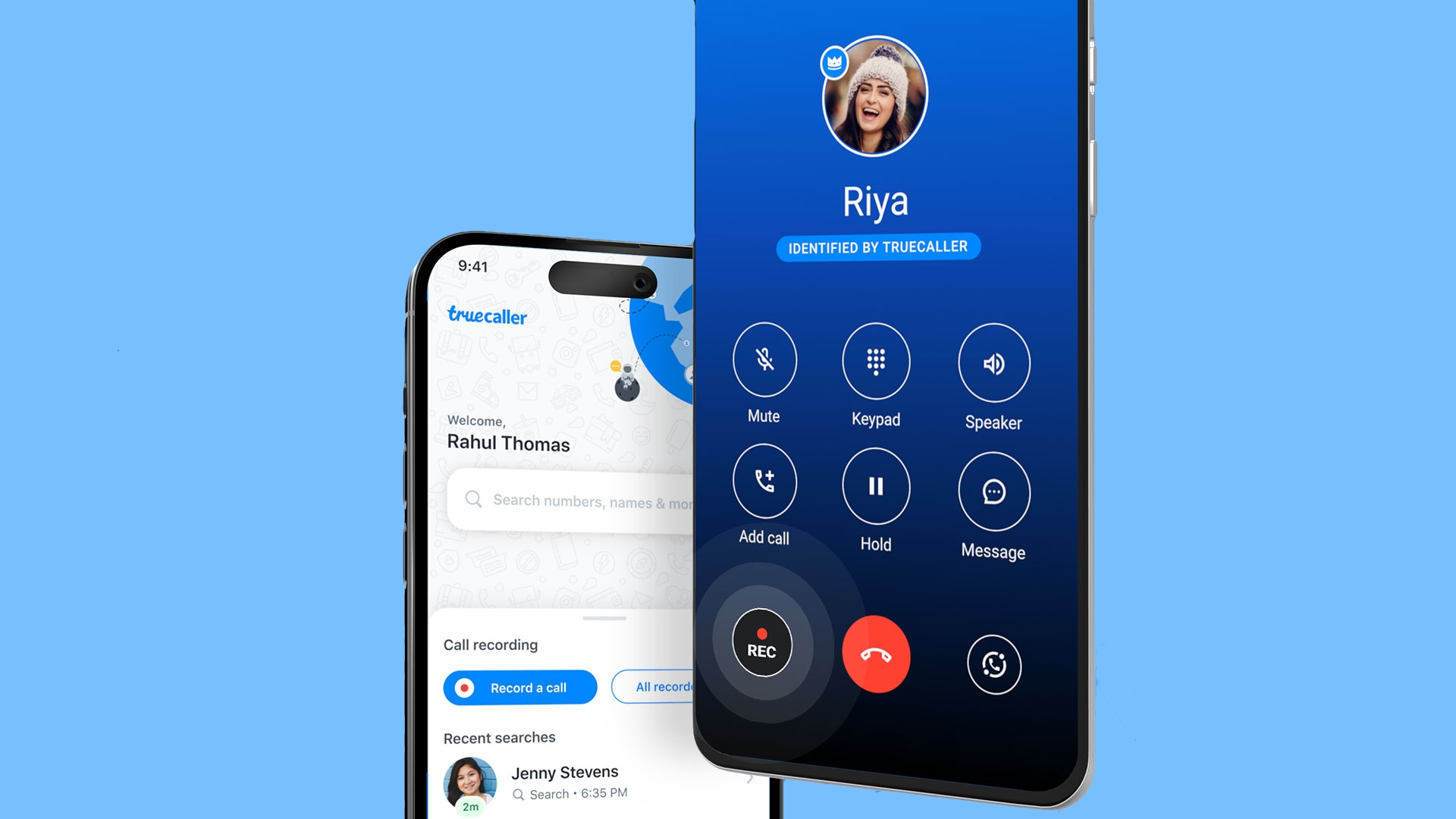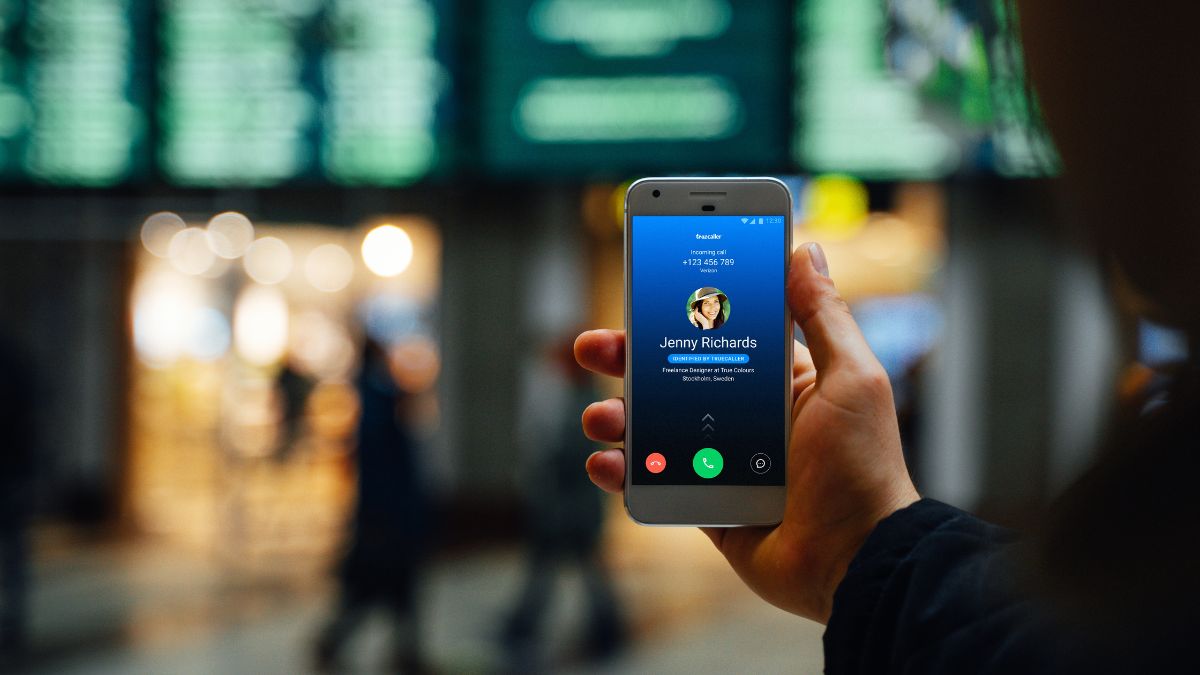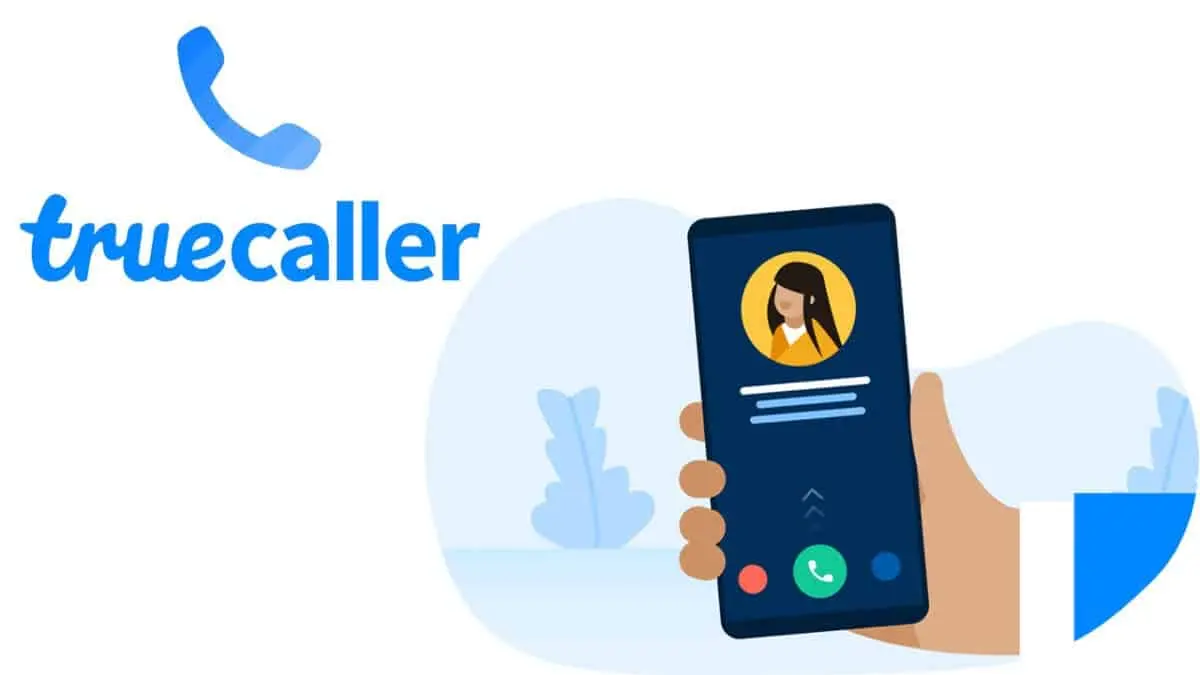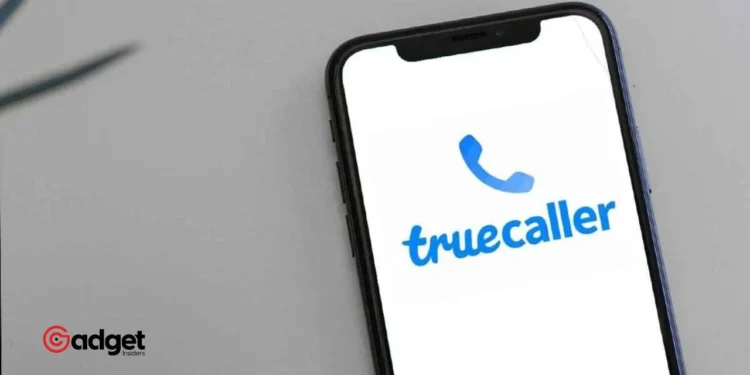In a significant tech collaboration, Truecaller has teamed up with Microsoft’s Azure AI Speech to introduce a groundbreaking feature for its users: the ability to create an AI-generated voice replica to answer phone calls.
This innovative service leverages Azure AI Speech technology to learn from a user-recorded clip, crafting an AI version of the user’s voice, and enhancing the personal touch in digital communication.

A New Era of Digital Assistants
Truecaller, a leading caller ID service known for its effectiveness in identifying and blocking spam calls, is taking a giant leap forward with its latest feature. The company now allows users with access to its AI Assistant to record their voices, which the system then uses to generate a personalized AI voice.
“This groundbreaking capability not only adds a touch of familiarity and comfort for the users but also showcases the power of AI in transforming the way we interact with our digital assistants,” explained Raphael Mimoun, Truecaller’s Product Director and General Manager, in a recent blog post.
Truecaller teams up with Microsoft to let users create AI versions of their voices to answer calls! 🎙️🤖 Powered by Azure AI Speech, this feature revolutionizes digital communication. https://t.co/4vkrjhc2CU
Check details in the description! 📞✨ #AI #OpenAI #ChatGPT pic.twitter.com/IIrarJQQXR— ai_World (@aizCircle) May 25, 2024
Personalized Responses with Truecaller’s AI Assistant
Introduced first in 2022, Truecaller’s AI Assistant has been a game-changer in managing incoming calls. It screens calls, informs users of the caller’s intent, and allows users to decide how to respond—either by answering the call themselves or by utilizing the assistant.
With this latest integration, Truecaller not only continues to shield users from unwanted communication but also enriches the user experience by personalizing interactions using their AI-voiced responses.

Microsoft’s Role in Enhancing Voice Replication Technology
During the recent Build conference, Microsoft unveiled the addition of a personal voice feature in Azure AI Speech, aimed at letting people record and replicate their voices for specific applications like voice assistants.
However, Microsoft has set clear boundaries for this technology’s application, ensuring ethical usage by adding automatic watermarks to AI-generated voices and requiring full consent for voice recordings. “Personal voice is available on a limited basis and only for specific use cases,” Microsoft clarified in a statement, highlighting its commitment to responsible AI use.

As these technologies continue to evolve, the potential for personalized AI voices in various applications seems boundless.
Yet, it poses an intriguing question: How will these AI-created voices compare to traditional voicemail messages in practicality and user acceptance? Only time will tell how users will adapt to and embrace these virtual voices handling their calls.










